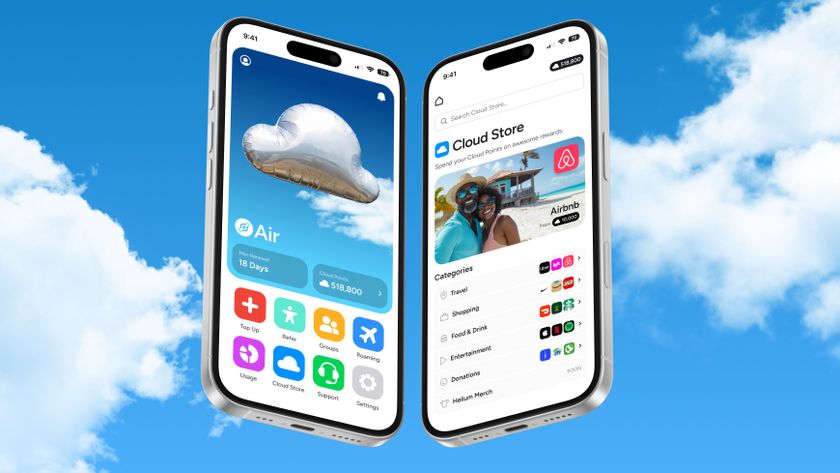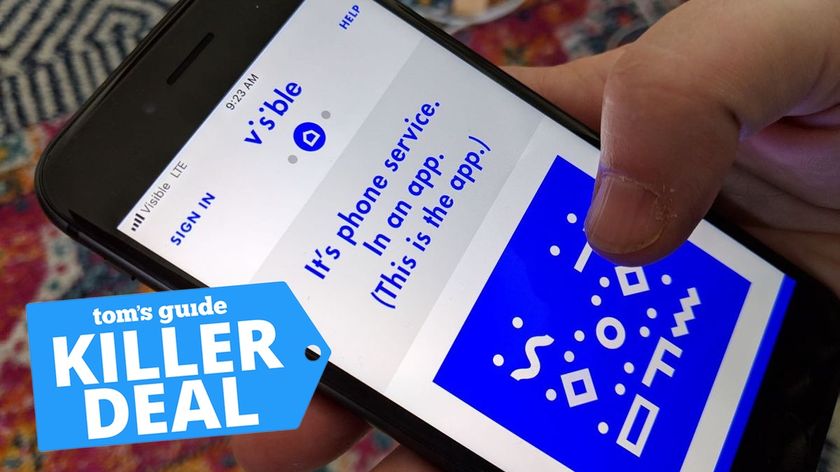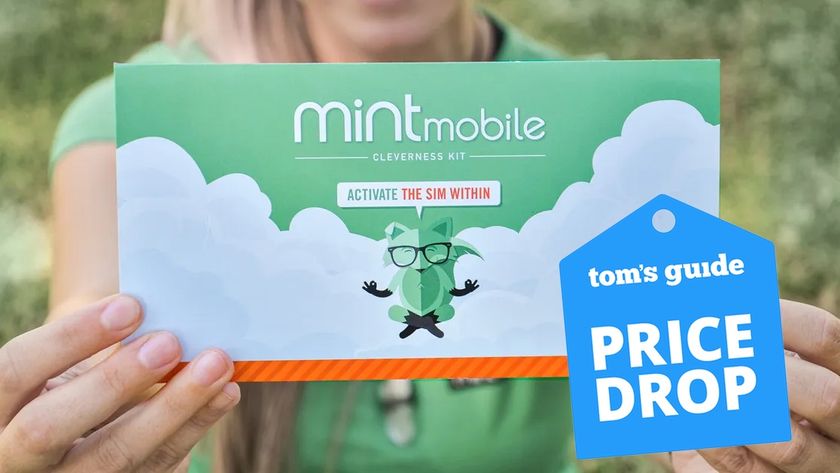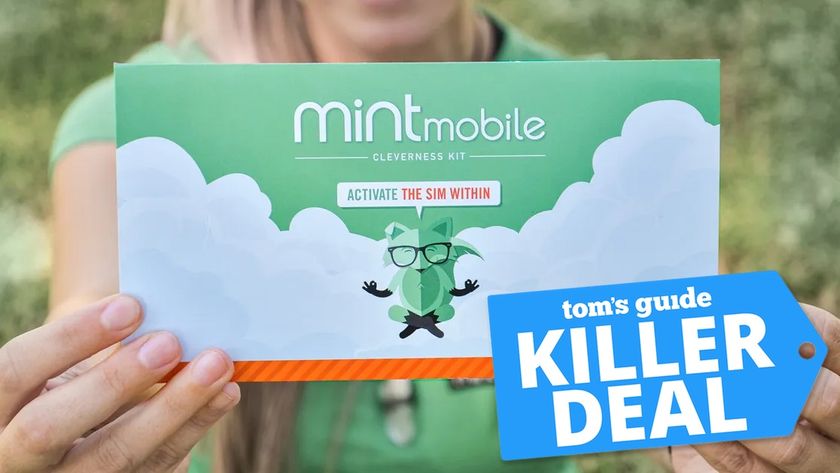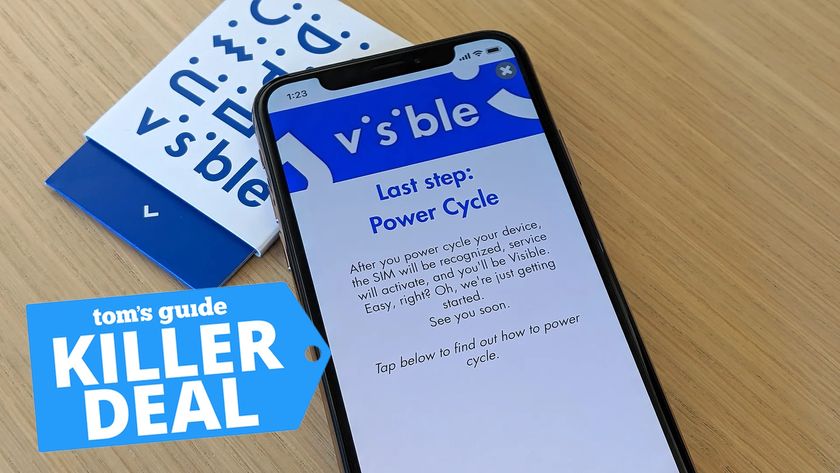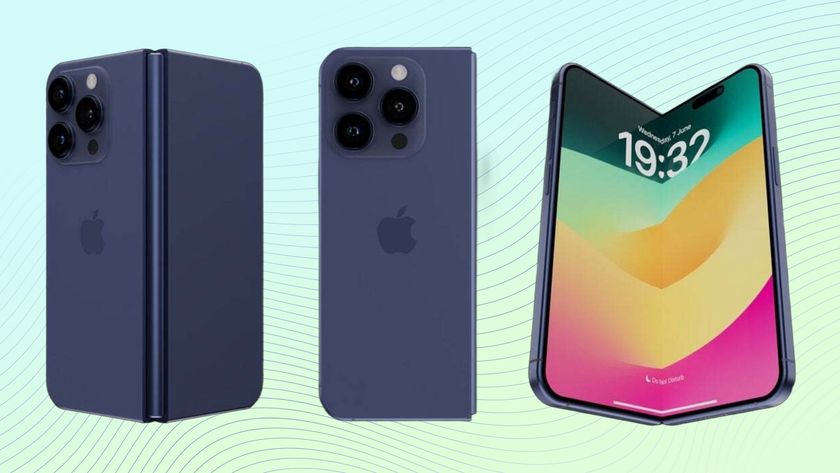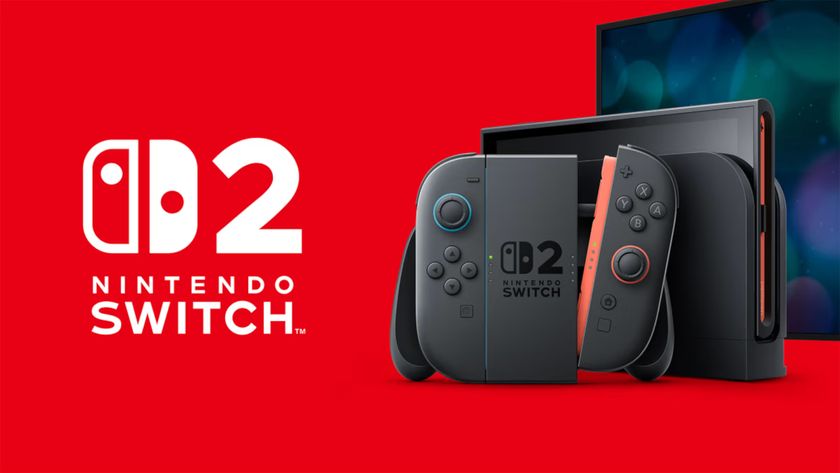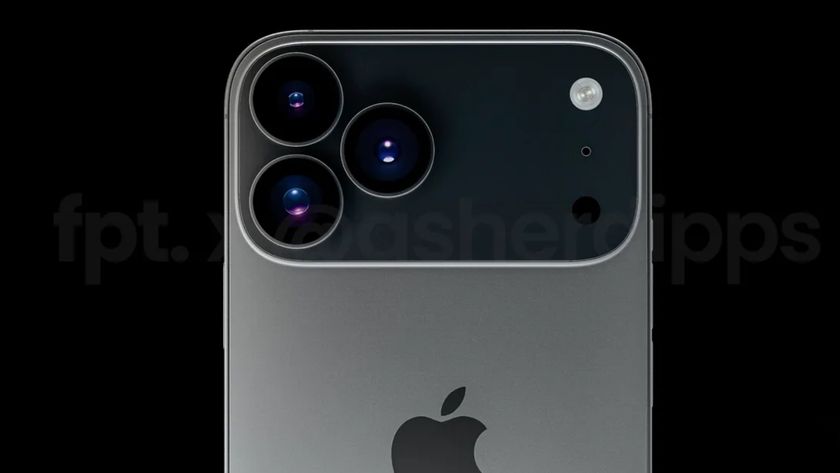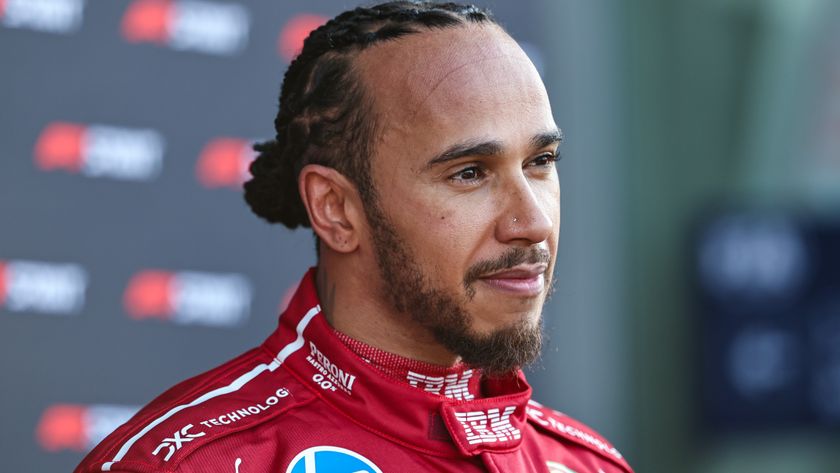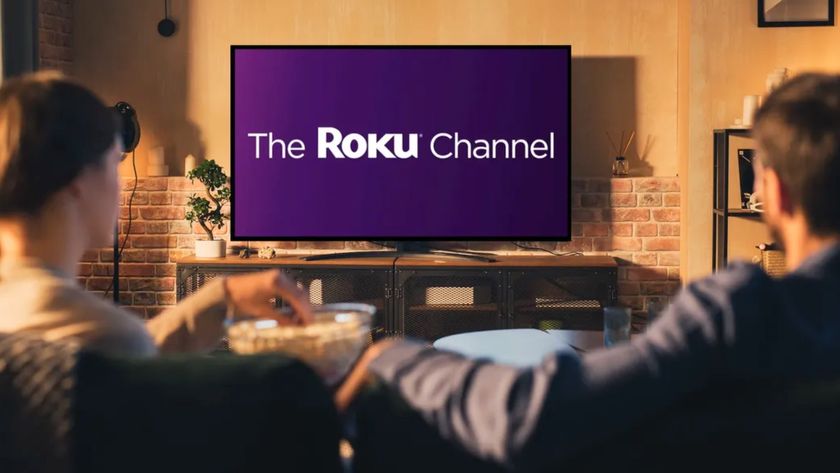AT&T Slashes Unlimited Plan Pricing: How It Compares
AT&T has revealed two new unlimited plans - Unlimited Choice and Unlimited Plus. How do they stack up to offerings from Verizon, Sprint and T-Mobile?
AT&T's initial answer to Verizon's unlimited plan push was pretty terrible. But this one is better.
You get two options in Unlimited Choice and Unlimited Plus. The former is cheap but lacks key features, while the latter has the extras you expect and pushes DirecTV service.

Here's how they compare to each other and the competition:
AT&T Unlimited Choice vs. AT&T Unlimited Plus
The first comparison you have to make is between AT&T and itself. The new Unlimited Choice plan is the cheaper option, starting at $60 a month for a single smartphone or $155 for unlimited talk, text and data on four lines. With Choice, you get data at 3MBps and standard definition video (AT&T says that's "about 480p"). There's no option for using your phone as a mobile hotspot.
MORE: T-Mobile Ties Verizon in Speed Tests, Sprint Gets Even Worse
AT&T's Unlimited Plus plan is closer to other plans from other networks; it includes HD video and 10GB of mobile tethering. One line is $90 per month with unlimited talk, text and data, while two lines cost $145 per month. Additional devices, like tablets, can be added for $20 per month.
If you subscribe to DirecTV, DirecTV Now or U-Verse, you can get a $25 monthly credit on your video service bill.
Sign up to get the BEST of Tom's Guide direct to your inbox.
Get instant access to breaking news, the hottest reviews, great deals and helpful tips.
On either plan, you'll get 22GB of unlimited data before you face the possibility of throttling. Both plans also allow for free roaming in Canada and Mexico. To get the prices, you need to be enrolled in autopay and paperless billing.
AT&T vs. Verizon Unlimited
Verizon's recent shakeup to its unlimited data plans costs $80 for a single line and $180 for four lines, making it more expensive that AT&T's Choice plan but cheaper than its Plus plan. Verizon's plan leans closer to the Plus plan with 10GB of mobile hotspot data and 720p HD video streaming. It also throttles after 22GB of data.
AT&T vs. Sprint Unlimited Freedom
Sprint's plan still remains the cheapest on the market at $60 per month a promotion cuts the price of the first line to $50 per month for a year). Sprint is also waiving fees for third, fourth and fifth lines. At the moment, that means a family of four pays $90 a month for unlimited data until March 31, 2018, when the promotion ends and the monthly cost reverts to $160.
MORE: We Now Know When Samsung Will Unveil the Galaxy S8
This plan skews closer to AT&T's Unlimited Choice, with 480p video. But Sprint offers 10GB of mobile hotspot data, while the Choice plan doesn't offer tethering at all. Sprint also caps gaming and music download speeds to 8Mbps and 1.5Mbps, respectively, but doesn't throttle data until 23GB.
AT&T vs. T-Mobile One
T-Mobile's unlimited plan, T-Mobile One, is $70 for the first line with discounts for each additional line ($50 for the second line, $20 for each line after that, or $160 for a family of four). T-Mobile shares many of the same offerings as Verizon, including 720p video streaming and 10GB of using your phone as a hotspot before slowing to 3G speeds. T-Mobile's plan is a bit cheaper than AT&T's Unlimited Plus plan and doesn't start throttling until you hit 28GB in a month.
Bottom Line
AT&T's new plans are definitely more competitive than they used to be, when they were limited to DirecTV and U-Verse subscribers, and while offering two plans is confusing, it lets the company compete with both Sprint on the low-end and T-Mobile and Verizon on the high-end.
If you're not a subscriber to AT&T's video services, it makes a more sense to check out T-Mobile's more competitively priced plan. If you're going for a cheaper plan, Sprint costs less, at least for now, while it has a promotion going on. But if you're on AT&T and comfortable with the carrier, at least you know you're getting something competitive to what other carriers are offering.
Andrew E. Freedman is an editor at Tom's Hardware focusing on laptops, desktops and gaming as well as keeping up with the latest news. He holds a M.S. in Journalism (Digital Media) from Columbia University. A lover of all things gaming and tech, his previous work has shown up in Kotaku, PCMag, Complex, Tom's Guide and Laptop Mag among others.

